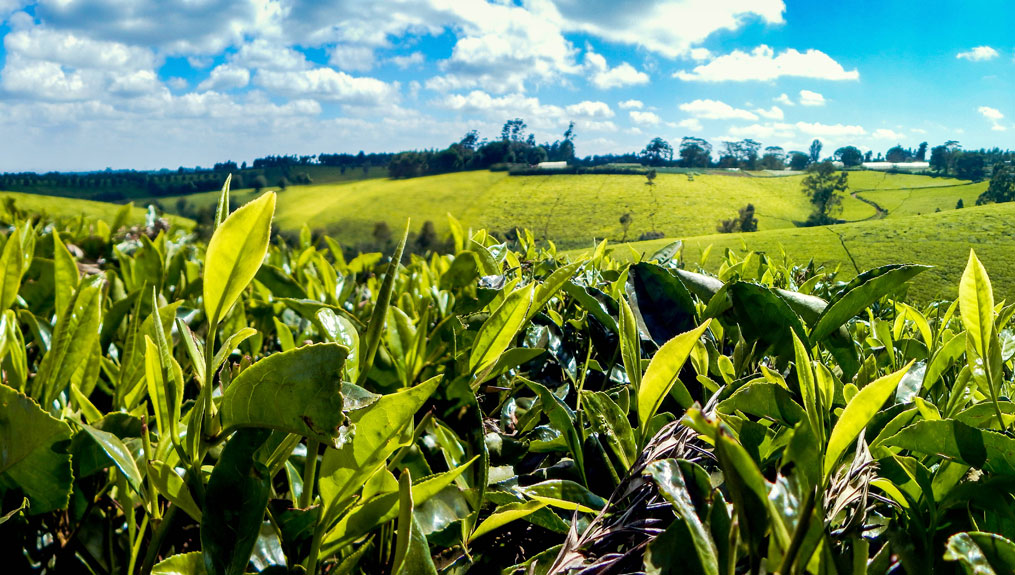13 Tips For Buying and Exporting Kenyan Tea.
13 Tips For Buying and Exporting Kenyan Tea.
Kenyan tea is a very popular choice for those who love black tea. It is a strong, flavorful tea that has a sweet taste, with the addition of anise seeds and other spices. Some people drink Kenyan tea to treat stomach problems, or to calm their nerves. It’s also good for digestion, colds, and fevers. Luckily, you can find Kenyan tea online at low rates. Here are some tips for buying and exporting Kenyan tea successfully:
1) Research the best way to package your Kenya tea. You want the packaging to make it look as professional as possible so that the customer will feel confident about making the purchase.
2) If you’re shipping it internationally, make sure that you know what taxes apply in which countries and how much they’re going to be before you start your export journey.
3) Make sure that you contact your agent well in advance so that there isn’t any confusion about what needs to happen once the shipment has arrived at its destination.
Finding the best way to package Kenyan tea
Packaging is a key part of the exporting process. You want your customers to be happy with what they’re buying and that means that the packaging needs to be perfect. If you’re going to export tea from Africa, you’ll need to package it correctly so that it doesn’t get damaged during transit.
Here are some tips for finding the best way to package Kenya tea:
1) Research how other Kenyan exporters have packaged their tea. Look at their photos and see which types of packaging they use.
2) Packaging can make or break people’s opinions about your product, so make sure that you put a lot of thought into what type of packaging you use.
3) Make sure to ask your agent if there are any import duties applicable in the country where your product is headed; this will help ensure that you don’t end up paying more than necessary for shipping costs.
Taxes if you’re shipping internationally
If you’re exporting Kenyan tea, you need to know the taxes that apply in different countries.
Most countries have a duty-free allowance for importing goods. However, there are some countries that have a higher duty-free allowance than others. You’ll also want to be aware of any other taxes that may apply to your products. For example, if you’re shipping Kenyan tea from Kenya to Canada, you can expect to pay approximately $30.
In order to avoid high costs associated with international shipping, it’s important for businesses to contact their agent well in advance so they can take care of all the details and make sure everything goes smoothly once the shipment arrives at its destination.
Marketing your product online and offline
Many people think that marketing a product or service is only done online, but this isn’t the case at all. Marketing your product both online and offline will increase your chances of success and boost your business’s growth potential.
Offline marketing includes:
– Advertising in newspapers and magazines
– Having your marketing materials available in retail stores
Online marketing includes:
– Paying for advertisements on search engines like Google
– Offering coupons such as buy one, get one (BOGO) offers to entice people to buy now rather than wait for a sale
– Using social media to update followers about special offers and events
What to do after your shipment arrives.
You’ve done your research, found the perfect Kenyan tea suppliers, and prepared your shipment. Now all you need to do is wait for the shipment to arrive at its destination. It’s important to think about what happens when your shipment arrives so that there are no surprises.
Once the shipment arrives, the next steps depend on whether you’re exporting or importing. If you’re importing, it’s time to pay any import taxes that apply. Depending on where you’re shipping to, countries may tack on a number of additional fees and taxes. Once these are paid, it’s time to get in touch with your agent and discuss how to move forward with distributing your Kenyan tea.
If you’re exporting, before the package ships out make sure that you’ve contacted your agent ahead of time because once it leaves it becomes much more difficult to contact them. Once the package has arrived at its destination country customs officers will usually want proof of payment before they release your goods (or if they want anything extra like compensation for damages). Your agent should be able to help you with this process by providing the necessary paperwork.








LEAVE A COMMENT
You must be logged in to post a comment.